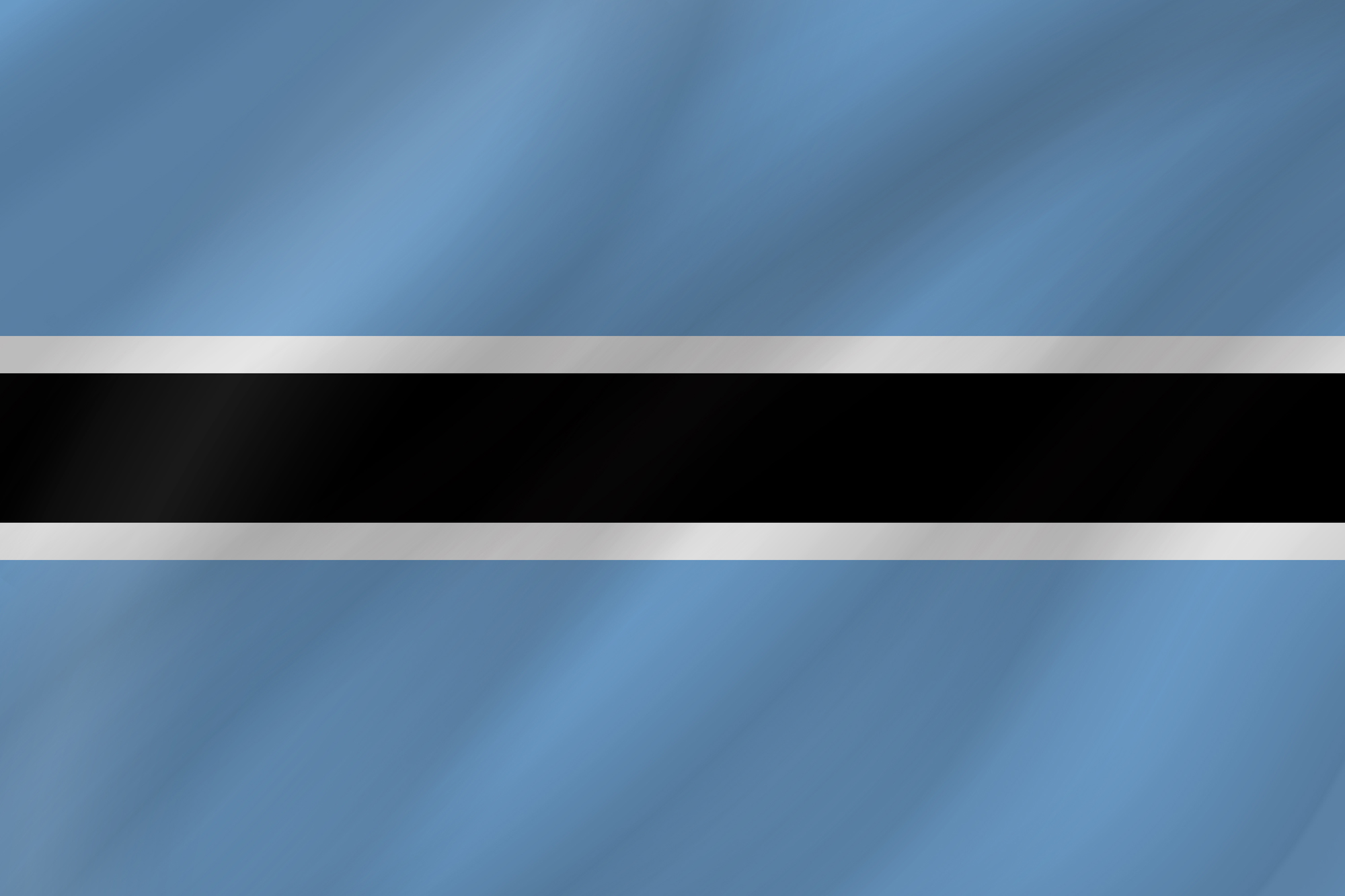
The media fraternity has roped in other civil society organisations in their looming court case to overturn the Media Practitioners Act. Represented by attorney Dick Bayford and advocate Steven Budlender from South Africa, the 32 applicants that include churches, trade unions and prominent individuals are arguing that the media act is in conflict with the constitution of the Republic of Botswana.
The statutory notice cites the political involvement in the appointment of complaints and appeals committees (section 11), the registration and accreditation of media practitioners (Section 6), statutory prescribed right of reply (Section 10), the all inclusive definition of the media practitioner as some areas that are inconsistent with Section 12 of the national constitution, which recognises freedom of expression.
The Press Council of Botswana (PCB), a self regulatory mechanism initiated by the media itself, appears as the first applicant followed by various media houses and other civil society organisations. Among the litigants and active supporters from outside the news media there are the Publishers Association of Botswana, United Congregation of Churches of Southern Africa (UCCSA), Botswana Secondary School Union, Botswana Network On ethics law and HIV/AIDS, the National Amalgamated Local and Central Government and Parastatal Workers Union, and Botswana Federation of Public Sector Unions (BOFEPUSO) which has in its fold five public sector unions.
The media houses involved as applicants are: The Botswana Gazette, Mmegi, Monitor, Botswana Guardian, Midweek Sun, Gabz FM, The Voice, Sunday Standard and The Telegraph.
Media Institute of Southern Africa (MISA Botswana), which has been facilitating for the campaign against the act, shall appear as the friend of the court. Through MISA Botswana and PCB, news publishers have since disowned the act and have been calling for its repeal. They made a joint decision that they would not voluntarily help the implementation of the act.
Their efforts were boosted by the decline of the Law Society of Botswana to participate in the implementation of the act. According to the act the society is expected to submit the chairperson of the appeals committee.
The legal act is supported by the Southern African Litigation Centre, which has been instrumental in the initial preparations and identification of the advocate as well as facilitating the link between him and the local attorney.
This is a landmark case especially that it has brought together members of the civil society who are in concert against the law in point. All the litigants are in agreement that the law takes away their right of freedom of expression as recognised in the Universal Declaration of Human Rights.
(MISA-Botswana)



